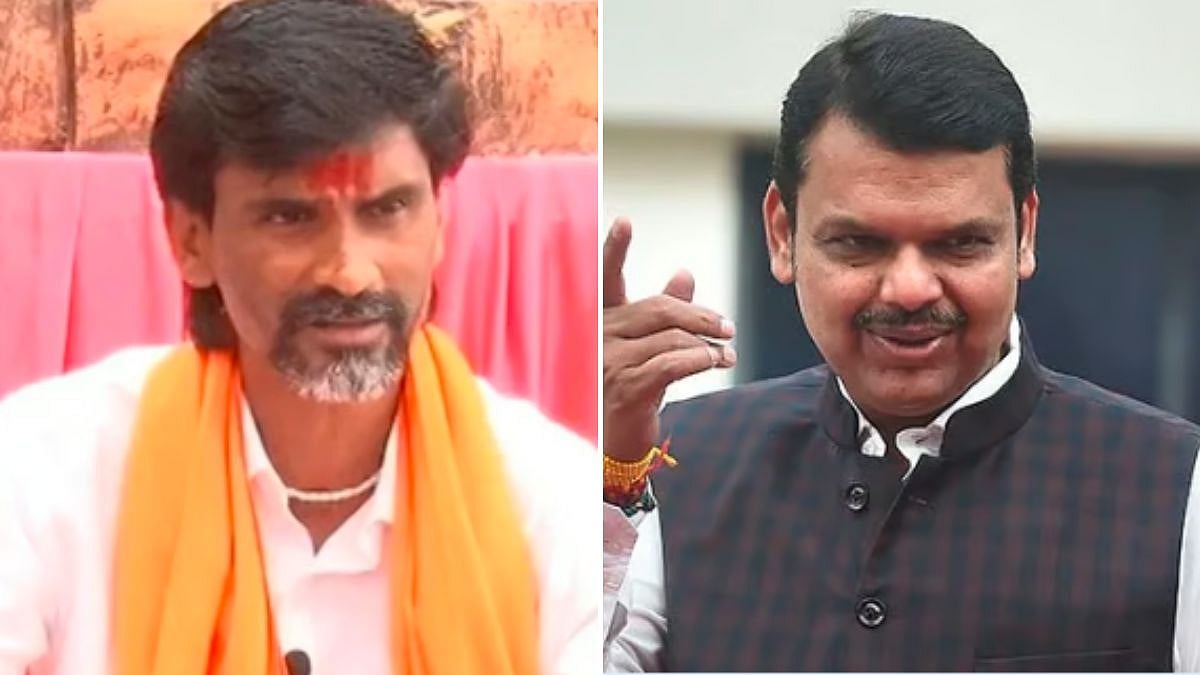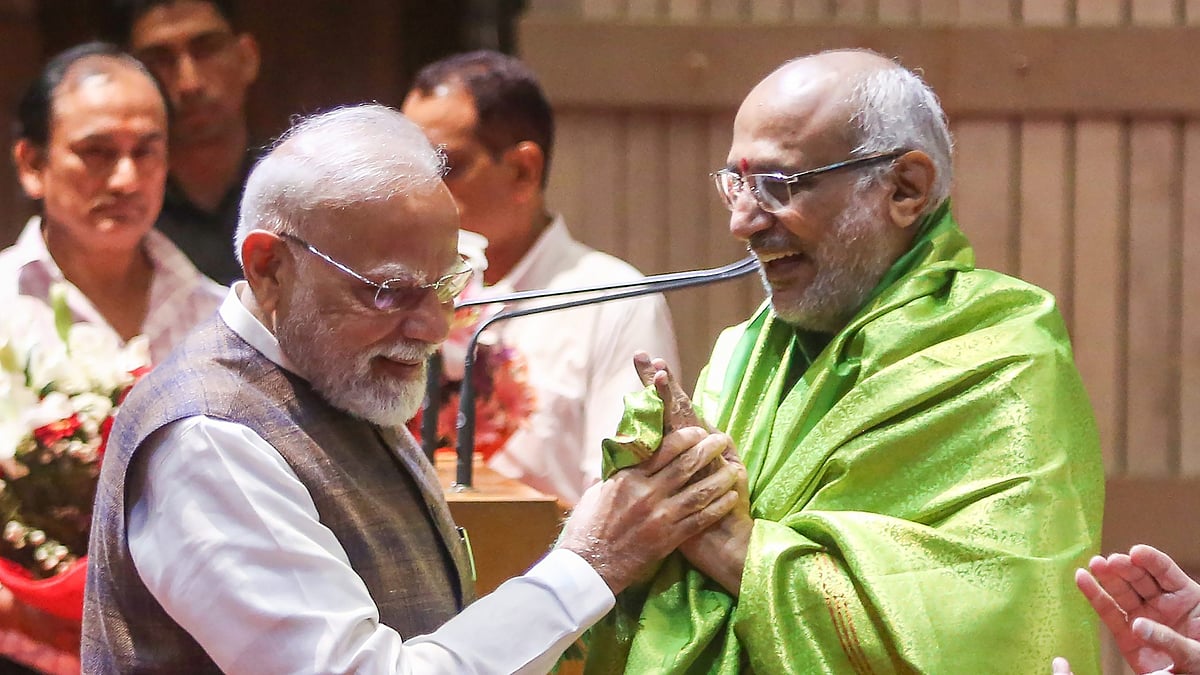The expulsion of Trinamool Congress member, Mahua Moitra, from the Lok Sabha is unfortunate. It should have been avoided. Even if there were precedents of not offering an opportunity to explain her conduct in the House, it needlessly bestowed victimhood on her, though her undesirable conduct in outsourcing Lok Sabha questions to a controversial Dubai-based businessman did breach Parliamentary ethics.
The quid pro quo was duly proven. Yet, by expelling her the ruling party has given the motley Opposition an opportunity to rally together in a show of rare solidarity. Her gross abuse of Parliamentary conduct receded into the background while Trinamool Congress leader Mamata Banerjee made it out as a case of the BJP’s vendetta against one of its fiercest critics.
Moitra herself has sought to appear defiant despite realising that her nexus with a businessman had exposed her venality. She has alleged that her sharp criticism of Adani, and his alleged close proximity to the government, led the ruling party to wreak revenge. That her Dubai-based friend was a business rival of Adani, having bid for and lost a couple of high-value projects, weakens her charge.
Neither Adani nor anyone in the ruling party persuaded her to outsource Parliamentary questions to her friend in return for favours in cash and kind. Typically, in a bid to sidestep her wrong-doing she sought to play the victim card, claiming her expulsion owing to factors other than her own breach of the MPs’ ethics code.
The charge of a threat to national security for revealing the user ID and password of the Lok Sabha members’ portal may be overblown. Nonetheless, it was gross misdemeanour to allow her businessman-friend to file a large number of questions with an eye either on advancing his own interests or to hurt the interests of his business rivals. Accepting expensive gifts such as designer bags, cosmetics, costly free hospitality, etc may have become passe for a large number of MPs.
But when the ugly trade-off is revealed in which a member barters her prerogative to a controversial businessmen in return of pecuniary favours the ethics code is certainly breached. It can be argued that other members, including those from the ruling party, are not exactly paragons of virtue. True, but they have not been caught; she was, and singled out for exemplary punishment due to her rather unbridled attacks against the government.
In a way, Moitra proved too clever for her own good. A highly educated professional who decided to try her luck in politics, she showed the same weakness which a number of educated politicians before her had shown. Which is an overweening ambition. Not following the rules of the game, these types defy convention and seek to advance their careers in double-quick-time, alienating in the process their more experienced colleagues by showing them up to be unclever and inferior.
Moitra has conceded that she relied on her businessman friend to furnish her material against Adani so that she could win plaudits by launching an attack against the alleged friend of the prime minister. While so doing she forgot to heed the cardinal principle that the accuser should do so with clean hands. She was vulnerable due to her greed for the good things in life. She cannot blame others for having been caught on the wrong foot. Given a full opportunity to explain her conduct by the ethics committee, she went on a tangent, fulminating against the government without offering a shred of evidence to prove her innocence.
Yet, her expulsion a mere six months before the Lok Sabha poll is bound to portray her as a martyr. Mamata Banerjee has come to her defence while the Congress leaders too have shown solidarity. It is clear that soon after the defeat in the Hindi heartland in the recent Assembly polls, the Congress seeks the cooperation of other Opposition groups to meet the BJP challenge in the Lok Sabha poll.
How long will the spirit of friendship and common cause last is hard to say, but insofar as the expulsion of Moitra led the Opposition to come together on a common platform, the ruling party has reason to regret offering it an opportunity.











